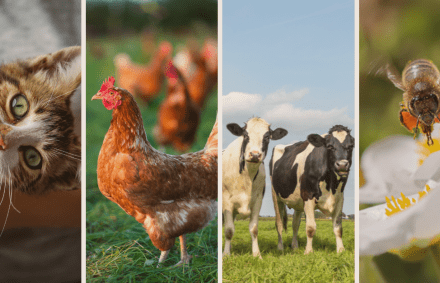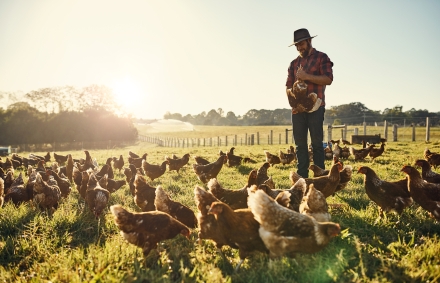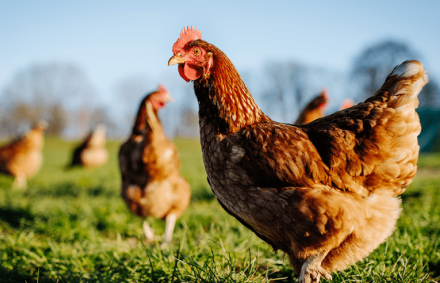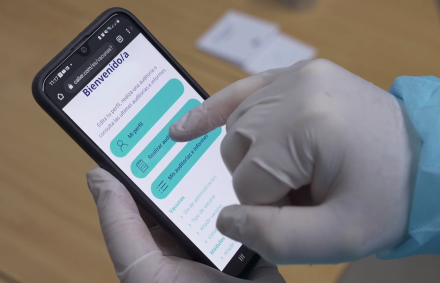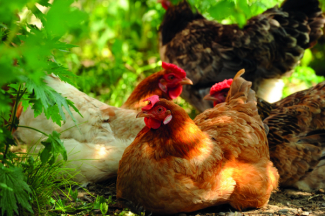
Biosafety is a set of health measures established to prevent the entry and exit of pathogens that can endanger the health and welfare of farm animals, and therefore human health. Biosafety is even more important when we talk about zoonoses, such as salmonella.
We need to have a biosafety programme adapted to the production system in which we are going to work, and here we must stress the importance of applying these measures to avoid a major public health problem: salmonellosis in poultry.
Salmonellosis is one of the most common toxi-infections in the food industry, the principal cause of which is the consumption of eggs and products made from them.
Salmonella enteritidis is the main cause of salmonellosis due to egg consumption in humans while salmonella typhimurium is associated more with the consumption of chicken, pork or beef contaminated with this serotype.
Armed with this knowledge, what tools do we have to protect our farm against the entry and spread of salmonella and other pathogens?
There are several critical points on a farm, through which problems can arise. With this in mind, a Guide to good hygiene practices in laying poultry farms has been prepared by the Ministry of Agriculture, Fisheries and Food, in partnership with the Interbranch Organisation for Eggs and Egg Products (INPROVO) along with the help of renowned experts in the sector. This guide is a manual through which certain biosecurity measures are recommended with a view to minimising the risk of salmonella entering the farm, and in turn minimising its spread to other farms.
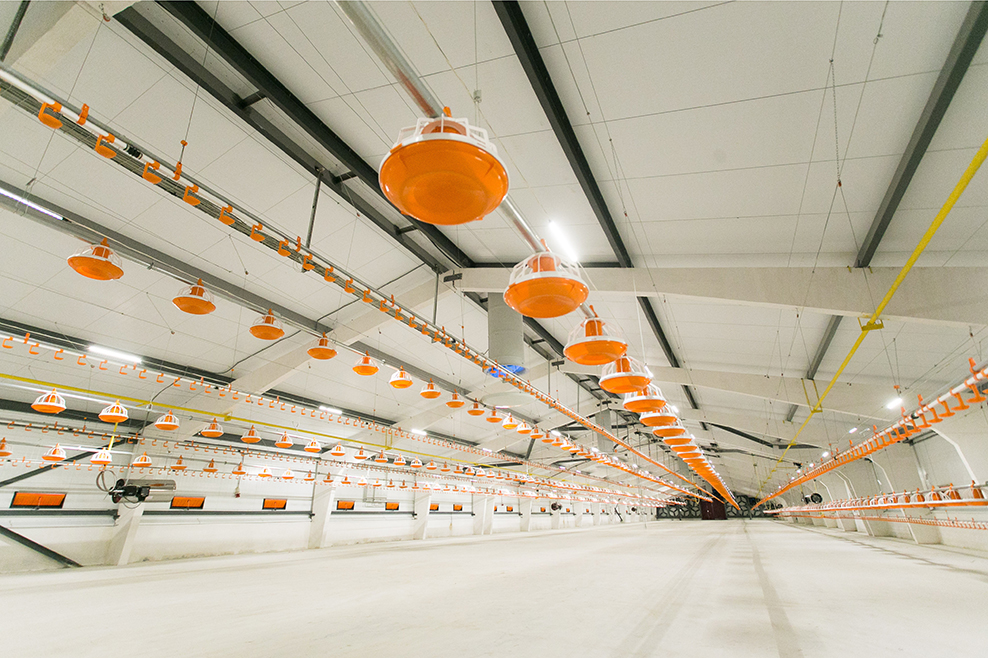
This guide helps farmers to establish biosecurity protocols adapted to their farms, thus complying with the standards that need to be evaluated by the Official Veterinary Services.
How does Europe approach the control of these measures to reduce the prevalence of Salmonella throughout the territory?
It does so through the National Salmonella Control Plans, which, according to production type, specify the measures to be evaluated used to reduce the incidence of these serotypes in the national territory. These Plans began to be implemented in 2005. Poultry Laying has been able to reduce the incidence of salmonella enteritidis by implementing these programmes.
The basic legislation applicable to laying farms are the Regulations:
• R (EC) No. 2160/2003 on the control of salmonella and other specified food-borne zoonotic agents
• R (CE) No. 1177/2006 on the requirements for the use of specific control methods
• R (EC) No. 1168/2006 on the objective of reducing the prevalence of Salmonella in laying hens.
Biosafety measures must be verified at least once a year, normally accompanied by the official annual control, adhering to the Protocol established by the National Salmonella Control Plan for laying hens. This is why it is one of the key points in the fight against salmonella in poultry.
Failure to comply with these measures can lead to serious consequences, ranging from the immobilisation of the farm, with the consequent loss in production, to the loss of the health authorisation for operating that farm.
In addition to these established measures, which should be strictly followed, it is worth highlighting the enormous importance of a vaccination programme that ensures animal immunity against salmonella.
The combination of applying these established biosecurity measures in laying birds, coupled with a complete vaccination programme against salmonella, is the perfect weapon when it comes to protecting hens.
Until now, the vaccination programme against salmonella E, has been applied strictly during the rearing phase, providing hens with immunity that could reach up to 80 weeks of life, in the case of Primun Salmonella E.
Currently, the production cycles are becoming longer and longer, and this is when the prevailing need arises to be able to prolong that immunity against salmonella to protect the animals until the end of their production phase.
This is when Calier, echoing this need, embarked on a study that has concluded with a change in the SPC of Primun Salmonella E, wherein the use of our vaccine against salmonella enteritidis during laying is approved.
This has given the producers a break in their fight against Salmonella, and they can be more confident in the face of self-controls and official controls, since this new dose has shown that immunity can last up to 95 weeks of life of the hens..
At Calier we would like to stress the importance and the mandatory application of good biosecurity measures together with an effective vaccination programme. If one of these points fails, the efforts may end up being in vain. When it comes to protecting your house, would you lock all the doors, and leave a window open?
